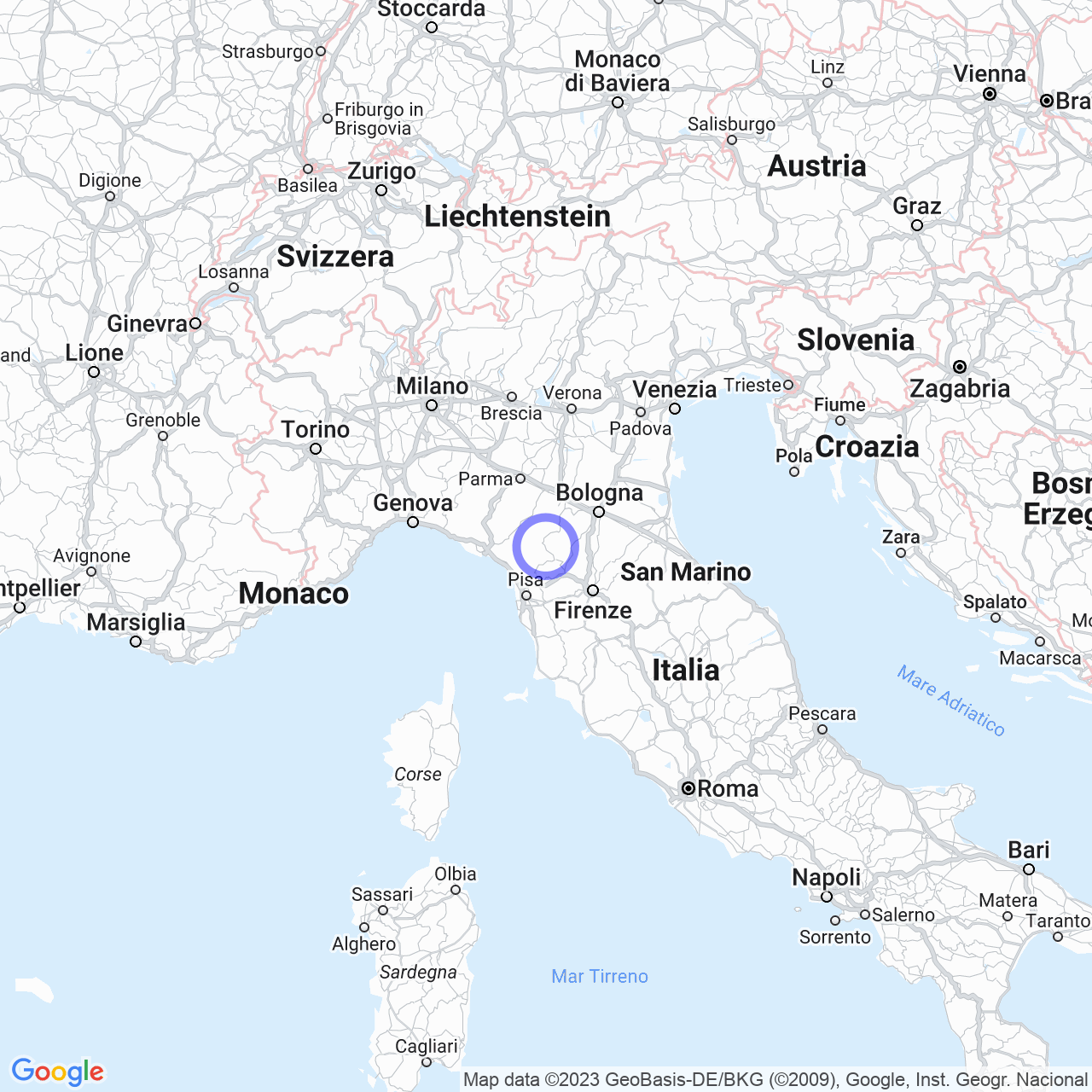Fiumalbo
Welcome to Fiumalbo: a journey through an ancient village
If you are looking for a peaceful and relaxing place to spend a few days surrounded by nature and history, then Fiumalbo is the right place for you. This ancient village, located in the high Modenese Apennines, has been included among the Most Beautiful Villages in Italy and it couldn't be otherwise: its beauties, including art, nature and tradition, are truly many and worth discovering.
Physical Geography
Fiumalbo extends in a privileged position, at the foot of Mount Cimone and surrounded by beautiful mountains. Its position in a basin makes it very picturesque, especially when admiring the village from above. Its height above sea level varies, reaching up to 2165 meters at the peak of Mount Cimone. The territory is very wooded, with numerous species of native plants, which make the view of the valley even more beautiful.

Etymology
The name Fiumalbo has a Latin root: it derives from "Flumen album" ("white river") or, less likely, from "Flumen in alpe" ("mountain river"). These are two hypotheses that certainly make it even more interesting from a historical-linguistic point of view.
History
Fiumalbo can boast an ancient history, which makes it an important place from an archaeological point of view. It seems that the first inhabitants of the Fiumalbo Valley were the Ligurian-Friniati, who in the 2nd century BC took refuge in the Modenese Apennines coming from the Po Valley. In the village, numerous sculpted heads are still visible and inserted into the old walls, which testify to the ancient past of these warrior Celtic populations.
Fiumalbo has subsequently experienced the events that have changed the history of our country, observing them always with detachment and distance. Despite this, the village has never stopped growing and evolving, becoming a place to visit and appreciate for its beauty.
Monuments and Places of Interest
Fiumalbo is known above all for its historical and architectural beauty: there are numerous churches, squares and ancient villages that make it a unique place in the world. The main square of the village, for example, is very suggestive and contains many monuments of interest, such as the Church of Saints Jacopo and Cristoforo and the Palazzo Podestà.
Just behind the square is the Rocca di Fiumalbo, which dominates the village from above and offers a breathtaking view of the surrounding valley. The fortress has been unused for many years, but now has been renovated and can be visited by the public.
Fiumalbo is also famous for its thermal baths, which are located near the Rio Le Pozze and the Acquicciola. The thermal waters of Fiumalbo are rich in beneficial properties for health and body wellness, making the village a perfect place for those who want to relax and regenerate.
Culture and Traditions
Fiumalbo is a village rich in traditions, which have distant roots and are part of the daily life of the inhabitants of the place. Among the most important, certainly, is the feast of San Giovanni Battista, which is held every year on June 24th and represents the highlight of the social life of the village. During the festival, a procession is held in which a large statue of the saint is carried around the village, followed by all the locals who wear traditional clothes.
No less important is Fiumalbo's cuisine, which is based on local products and offers simple but very tasty dishes. Among these are for example the farro soup, the porcini mushroom soup, the taragna polenta and the potato tortelli. But the real specialty of the place is the tigella, a typical dish of the Modenese Apennines that can be enjoyed in many restaurants in the village.
Conclusions
Fiumalbo is a unique place that is definitely worth visiting. Its beauty, its history and its culture will leave you speechless and make you understand how important it is to preserve our roots and traditions. If you are looking for a place to spend a few days of tranquility and relaxation, Fiumalbo is the place for you!
